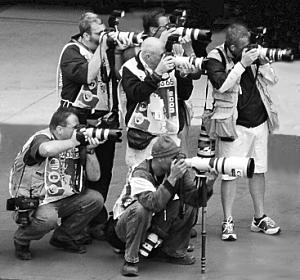New Student Scholarship Discusses Conditional Resignations by Federal Judges and Patentability of Genes
Allison Luczak has published a new student comment in the Law Review on conditional resignations by federal judges. According to Luczak, conditional resignations – resignations of judges that are expressly conditioned upon certain terms or events such as the appointment of a successor by the President then in office – reflect the increased politicization of the appointments process. Although the power to submit a conditional resignation can be viewed as an aspect of life tenure, which in turn preserves judicial independence, Luczak points out that it may also subvert separation of powers because certain conditions may encroach upon the Executive and Legislative Branches’ powers of nomination and confirmation. Her comment discusses both the possibility of unconstitutional conditions and potential regulatory mechanisms to curb abuses.
The new issue of the Law Review also features a note by Ying Pan on the patentability of genes. Pan argues that although tens of thousands of gene patents have been granted over the past two decades, the Supreme Court’s 2007 decision in KSR Int’l Co. v. Teleflex, Inc. should have the effect of limiting the future patentability of genes based on the requirement of nonobviousness. The note concludes with a set of proposed criteria that would bring the USPTO’s examination guidelines for gene patents into compliance with KSR.
Both of these pieces can be accessed at the Law Review’s website.

